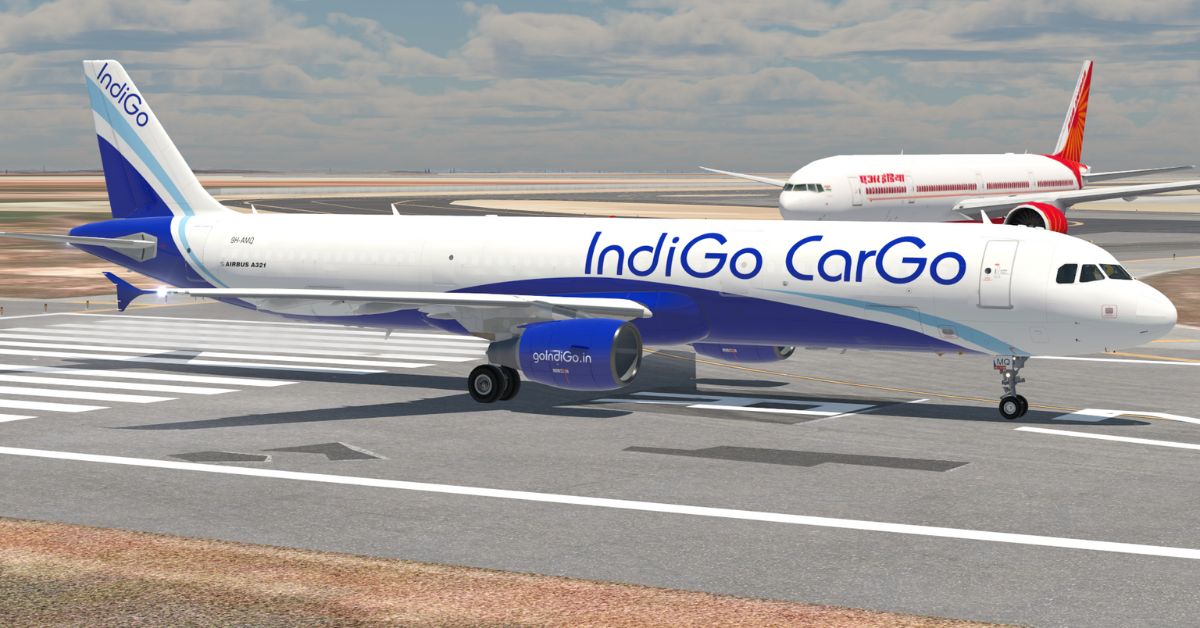Elbers said the airline plans to grow its international destinations to 40 from 20 by the end of the current financial year through March 2025, targeting emerging markets that are not yet well-travelled by Indian passengers.
He did not comment on specific destinations, but sources suggest that new routes could include Mauritius and Al Ain.
Alongside, IndiGo aims to significantly increase its cargo capabilities and introduce wide-body aircraft starting in 2027.
Elbers, who has completed two years at IndiGo, said besides internationalisation, the low-cost carrier’s strategy focuses on two main pillars: launching a new business class product called ‘Stretch’ on major domestic routes by the end of the current fiscal year; and introducing a frequent flyer programme to reward loyal customers, which has received interest from “ten thousands of passengers.”
The airline’s internationalisation efforts extend beyond simply adding new destinations. IndiGo has entered into codeshare agreements with global carriers such as Virgin Atlantic, Air France, KLM, and Qantas.
“While these partnerships currently represent a small portion of our daily 300,000 passengers across our domestic and international network, they are vital for introducing foreign travellers to IndiGo. These collaborations will become even more crucial as we expand internationally,” Elbers said. “(At present) only a low single digit comes from our codeshares, the rest comes from our own network,” he added.
A recent MakeMyTrip report said there has been a 70% increase in the combined search volume for the top 10 emerging destinations. Almaty and Baku have seen 527% and 395% growth in searches, respectively, it said. These are destinations IndiGo has initiated in India.
Adding to this, Elbers said, “It is a very big encouragement that if we open up new routes, there’s an enormous set of Indian consumers who are actually willing to start to expand, explore new parts of the world other than the sort of parts where they have probably been already.”
According to a Jefferies report, Indian carriers currently command 44% share on international routes, with IndiGo at 18%.
Elbers said IndiGo’s domestic expansion has already contributed to economic development in places like Guwahati where new flights have spurred increased business activity. This positive cycle of growth-more flights leading to more business, and vice versa-is a model IndiGo plans to replicate in other markets, particularly internationally, he said.
While 2027 marks the introduction of wide-body aircraft and a new era for IndiGo, the airline’s ambitions stretch further to 2030. “All the things we are doing today are part of a much bigger picture. Our ambition is to be a global aviation player by 2030,” Elbers said.
By that time, IndiGo aims to have doubled its size, rivalling the likes of Ryanair and major Chinese carriers in the global aviation industry, he said.
According to its annual report, by the end of FY24, IndiGo was the seventh largest airline globally by daily flights – with Ryanair on fifth and China Eastern Airlines on sixth – and the fifth largest by passengers carried. It was also the fifth best in on-time performance (OTP) in calendar year 2023.
By that time, IndiGo aims to have doubled its size, rivalling the likes of Ryanair and major Chinese carriers in the global aviation industry.
After 2027, “cargo will start to play a more important role than it does today,” Elbers said. The airline is currently operating three freighters “which are helping us build the necessary infrastructure and expertise for the future,” he said.
“Wide-body aircraft inherently offer more cargo capacity, so these freighters are preparing us for a significant increase in cargo volume as we transition to this next stage,” he added.
IndiGo’s cargo tonnage grew 20.2% in FY24. The airline’s long-range A321 XLR order will start arriving by 2025, while the wide-bodied A350s will start from 2027. Both will aid its strategy of increasing global presence. They will allow IndiGo to fly directly to destinations in North America, Europe, and Australia.







